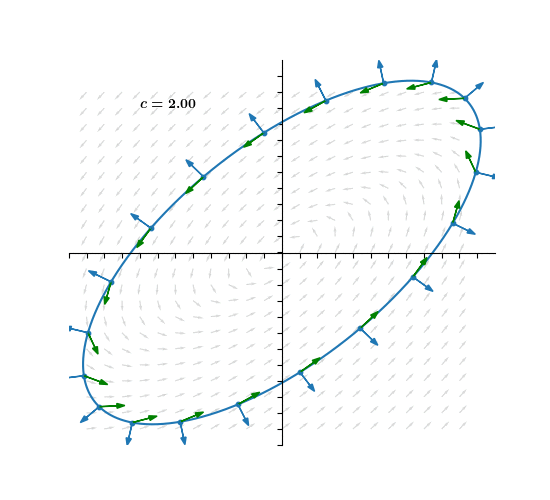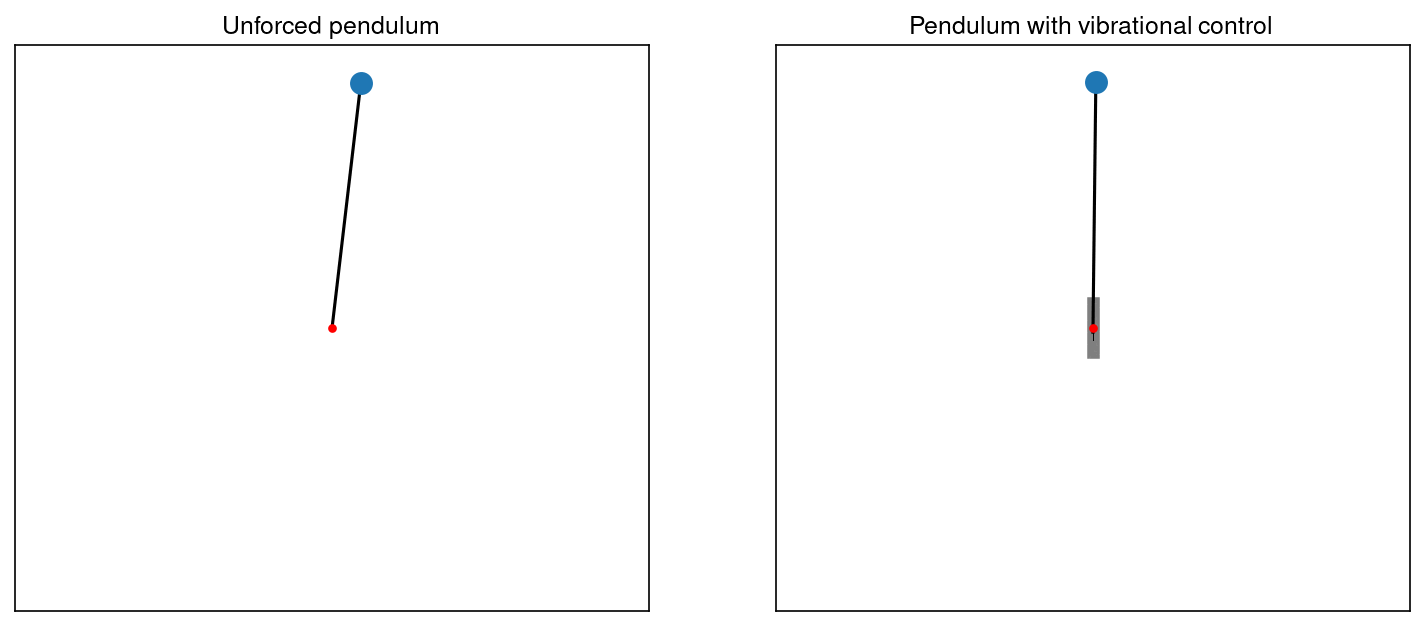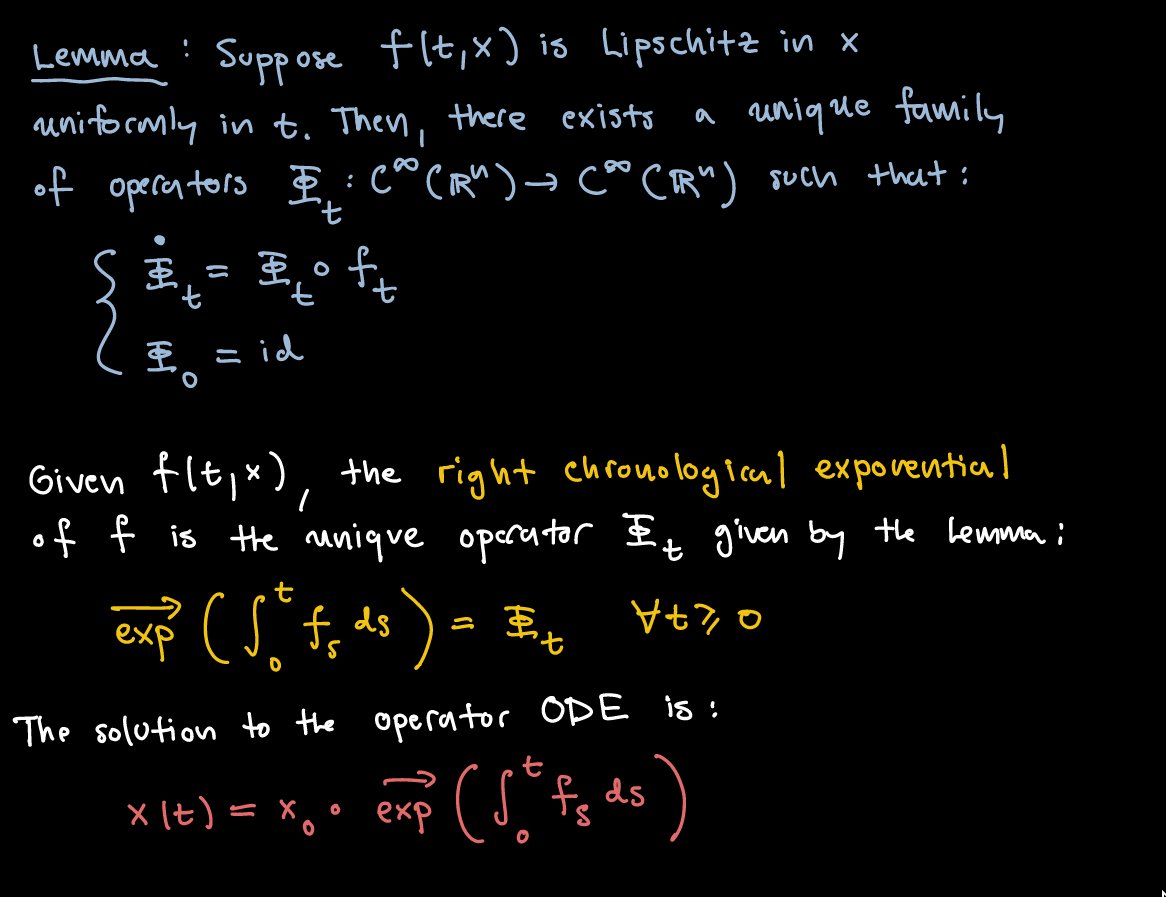About Me
I am currently a postdoctoral scholar at UC Irvine, working with Fabio Pasqualetti. I completed my PhD at UC San Diego in 2023, where I studied under the supervision of Jorge Cortés.
My research is primarily concerned with modeling and control of complex network systems (e.g. electric power distribution networks, transportation networks, the human brain, social networks), though I am also interested in problems in the areas of optimization and control theory more generally. My work involves a mix of theoretical analysis, and computation, and draws on tools from control theory, optimization, dynamical systems, and network science. The following is a list of topics that I am currently working, or have previously worked, on:
- Control theory and systems biology: Understanding the complex behavior of coupled oscillator networks which arise in many biological applications including genetic regulatory networks, and neural networks.
- Systems theoretic foundations of optimization algorithms: With the perspective of iterative optimization algorithms as dynamical systems, using tools from nonlinear control to analyze their properties and systematically design new algorithms.
- Network neuroscience: Modeling the formation and propagation of epileptic seizures in neural tissue using nonlinear dynamical systems, and using these insights to design interventions to stop the spread of seizures.
- Data-driven control of network systems: Developing a predictive control scheme to stabilize linear network systems, where agents do not have knowledge of the underlying dynamics and must instead use sampled data.
Publications
Journal Publications
-
Anytime Solvers for Variational Inequalities: the (Recursive) Safe Monotone Flows,
Ahmed Allibhoy, Jorge Cortés,
Automatica 177, 112287, 2025. [arXiv] -
Regularity Properties of Optimization-Based Controllers,
Pol Mestres, Ahmed Allibhoy, Jorge Cortés,
European Journal of Control 81, 101098, 2025.[arXiv] -
Control-Barrier-Function-Based Design of Gradient Flows for Constrained Nonlinear Programming,
Ahmed Allibhoy, Jorge Cortés,
IEEE Transactions on Automatic Control, vol. 69, no. 6, pp. 3499-3514, 2024. [Full version (with appendix): arXiv] -
Optimal Network Interventions to Control the Spreading of Oscillations,
Ahmed Allibhoy, Federico Celi, Fabio Pasqualetti, Jorge Cortés,
IEEE Open Journal of Control Systems, vol. 1, pp. 141-151, 2022. -
Linear-threshold Dynamics for the Study of Epileptic Events,
Federico Celi, Ahmed Allibhoy, Fabio Pasqualetti, Jorge Cortés,
IEEE Control Systems Letters, vol. 5, no. 4, pp. 1405-1410, 2021. [PDF] -
Data-based Receding Horizon Control of Linear Network Systems,
Ahmed Allibhoy, Jorge Cortés,
IEEE Control Systems Letters, vol. 5, no. 4, pp. 1207-1212, 2021. [PDF]
Conference Publications
-
Global Optimization Through Heterogeneous Oscillator Ising Machines,
Ahmed Allibhoy, Arthur N. Montanari, Fabio Pasqualetti, Adilson E. Motter
IEEE Conference on Decision and Control, Rio de Janeiro, Brazil, to appear [arXiv] -
Safety-Critical Control as a Design Paradigm of Anytime Solvers to Nonlinear Optimization Problems,
Ahmed Allibhoy, Jorge Cortés,
IEEE Conference on Decision and Control, Cancún, Mexico, pp. 6211-6216. [PDF] -
Anytime Solution of Constrained Nonlinear Programs via Control Barrier Functions,
Ahmed Allibhoy, Jorge Cortés,
IEEE Conference on Decision and Control, Austin, TX, December 2021, pp. 6520–6525. [PDF] -
Data-Driven Distributed Predictive Control via Network Optimization,
Ahmed Allibhoy, Jorge Cortés,
Proceedings of Machine Learning Research, Berkeley CA, June 2020, vol. 120, pp. 838-839.
Twitter Threads
Occasionally I do twitter threads on various topics from nonlinear dynamics, control theory, and optimization. Below is a list of all the threads I have done so far. Feel free to reach out to me if you have any suggestions for topics I should cover in the future!

What is a Lyapunov Function?
I attempt to give a high level introduction to the concept of a Lyapunov function, a tool used to certify the stability of a nonlinear dynamical system.

Vibrational control of mechanical systems or: How I learned to stop worrying and love open-loop control
I introduce the idea of vibrational control, where a high frequency oscillation stabilizes a mechanical system. I show that vibrational control can be used to stabilize an inverted pendulum.

The Chronological Calculus and Volterra Series Expansions of Vector Fields
I describe how the formalism of the "chronological calculus", introduced by Andrei Agrachev in the 1970s, can be used to derive series expansions of time-varying vector fields, and their application to solving nonlinear ordinary differential equations.
